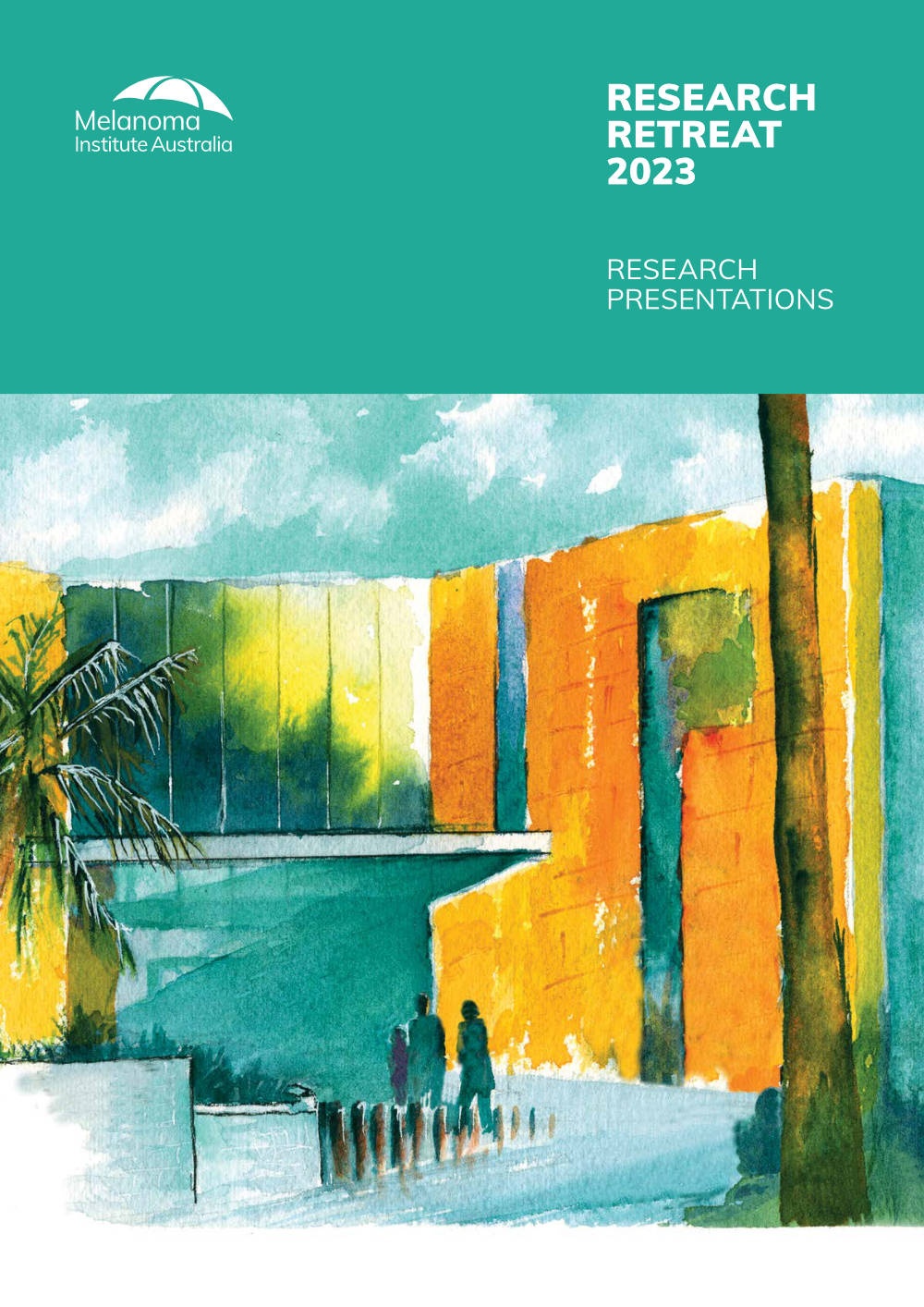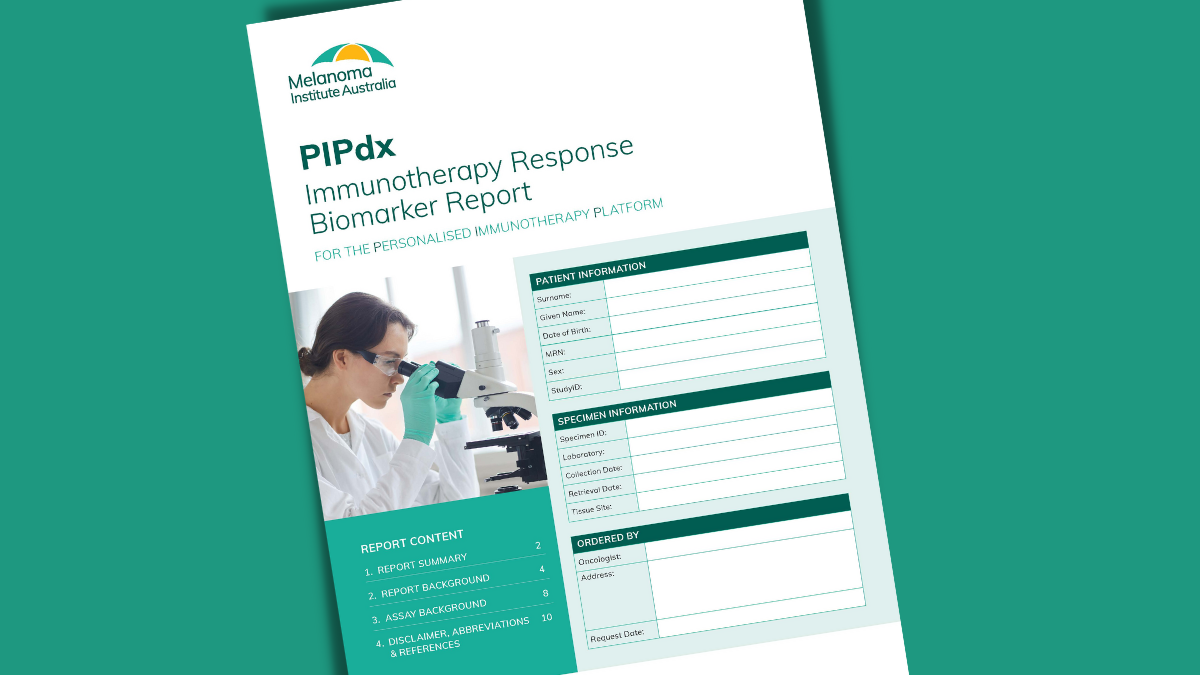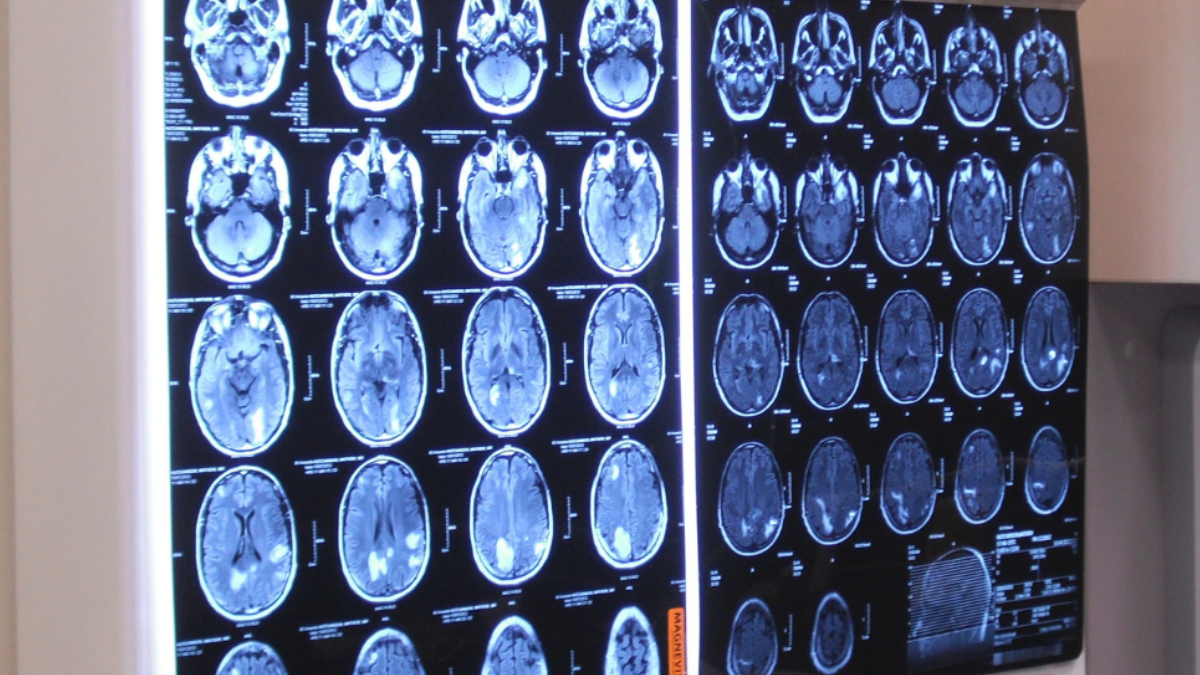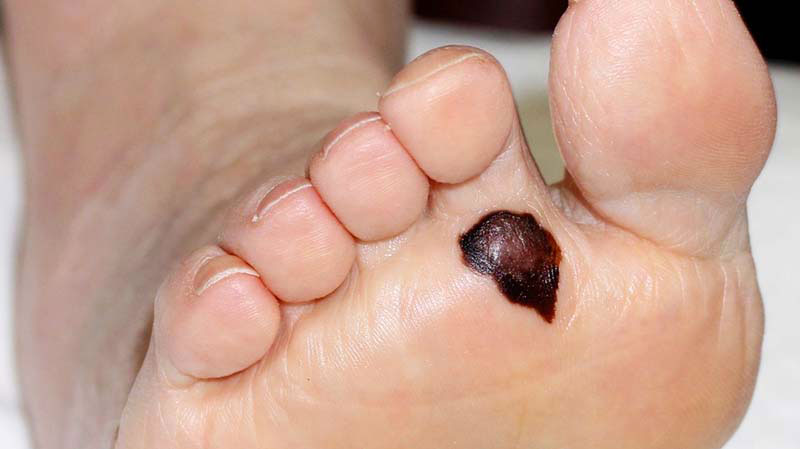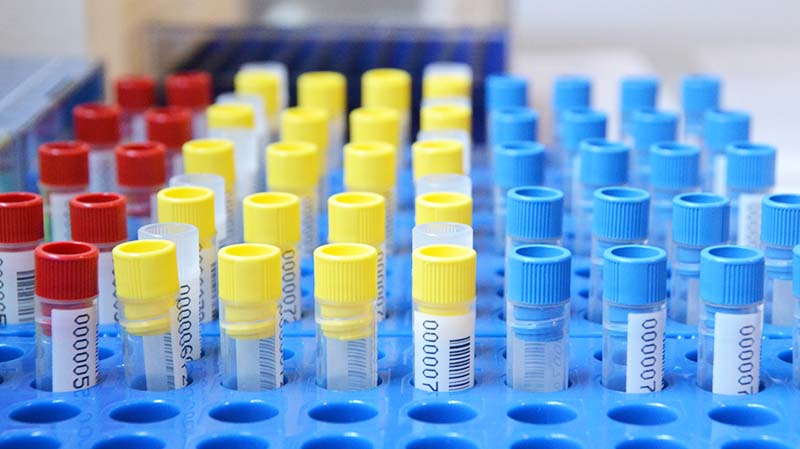Global advances in melanoma prevention, diagnosis and treatment are underpinned by work carried out in MIA’s laboratories which helps build knowledge and understanding of the disease. Melanoma Institute Australia has many active research projects at any one time.
Melanoma Institute Australia conducts its research under 4 themes:
- Early Melanoma
- Advanced Melanoma
- Prevention, Risk & Clinical Detection of Melanoma
- Supportive Care & Survivorship
View our Research Retreat document which provides a snapshot of our Melanoma Institute Australia research projects across our research pillars.
Lab Life
Meet our MIA research team and gain an insight into their current research.
Désirée Sexauer
Désirée Sexauer is a PhD student at Edith Cowan University in WA, and is a recipient of a MIA Postgraduate Research Scholarship. Read her Q&A.
Dr Camelia Quek
Dr Camelia Quek is a Postdoctoral Researcher at Melanoma Institute Australia. Camelia answers our questions about her research and personal insights.
Dr Jordan Conway
Meet Dr Jordan Conway, whose crucial research focuses on melanoma metastases in the liver, and neoadjuvant immunotherapy.
Xinyu (Catherine) Bai
Meet Catherine, a PhD student and researcher at MIA. Catherine's current research focus is "Single Cell Spatial Features of In-Transit Melanoma Associated With Patient Outcomes To Immunotherapy".
Key Research Projects
Read more about a number of key Melanoma Institute Australia research projects below.
Personalised Immunotherapy Platform (PIP)
PIP is a tool developed by MIA to ensure advanced melanoma patients receive effective treatment the first time, based on their own genetics and tumour biology.
ABC-X Clinical Trial
The ABC-X clinical trial seeks to determine if the addition of radiotherapy, to combination immunotherapy, results in improved outcomes for patients with melanoma brain metastases.
Overcoming resistance to immunotherapy
Developing a screening technique to provide clinicians with rationale for selecting a drug treatment regime.
Genes involved in early brain metastasis
Understanding the genes involved in the development of early brain metastases.
Acral and Uveal Melanoma
Identifying genes involved in all melanoma sub-types, to determine the most effective treatment.
The Australian Melanoma Genome Project
Using whole genome sequencing technologies to identify the genetic mutations that cause melanoma, so treatment can be personalised.
Predicting response to immunotherapy
Identifying genes which determine response to immunotherapy, and then determining the signalling pathways these genes are affecting.
Adjuvant Therapy Clinical Trial
MIA is experiencing great success with multi-discipline trials in the neo-adjuvant and adjuvant settings.
Surgery Support Clinic
Research to determine the value of providing patients with the services of a support clinic following dissection surgery.
Patterns of Care Study
An observational study to determine best practice based on clinicians’ reported management of NSW melanoma patients over a 12-month period.
Saving our next generation
Searching for early-detection genetic markers and treatment options for 20 to 39 year olds.
ePROMS-MEL project – Patient reported outcomes Stage III
Investigating including electronic Patient Reported Outcome Measures into routine care for Stage III melanoma patients.
